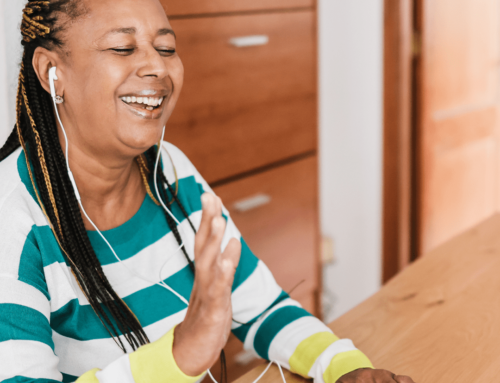
Submitted by Paola Rivera, ACC
The Caja Costarricense del Seguro Social (CCSS) partnered with Instituto Centroamericano de Administración de Empresas (INCAE) Business School and the Demo Lab foundation partnered during the pandemic to create an innovative taskforce through a public-private partnership to support the leaders of different public institutions responsible for mitigating the onslaught of the pandemic. The coaching program began at the initiative and with the sponsorship of Dr. Camelia Ilie, Dean of Executive Education and Strategic Innovation of INCAE.
All reports globally indicated signs of burnout and extreme stress on health workers. In the Central American region, the problem was even more visible, given the limited resources and the level of development in different areas.
Aligned with INCAE’s institutional mission to support the sustainable development of the region, this project was proposed to the leading doctors of the five most important hospitals in the country managed by the CCSS. This idea was executed by Professor Álvaro Salas Castro and by Professor Patricia Cauqui, who led the team of coaches and the design of the motivational sessions at the academic level.
The initiative consisted of providing the directors and managers of the CCSS with five free virtual meetings of personal coaching and accompaniment through a local network of coaches certified by INCAE, so that in these moments of pressure and complex decision-making they take care of their mental health, anxiety, and emotions. The coaching process was focused on working on latent elements that leaders may be experiencing.
The initiative also provided the teams of professionals of the CCSS five online motivational talks on topics identified by the parties involved.
Digital kiosks
A side project to provide executive coaching to CCSS leaders was a gratitude campaign with digital kiosks in key hospitals where citizens could send messages of support to the entire medical and administrative team that were the men and women on the front lines of the battle. All the services of the project, from its conceptualization to its execution, were pro bono.
Coaching
A network of 10 coaches was led by Prof. Patricia Cauqui, MCC. Each director, executive or professional was assigned a coach. Each coach received basic information from the assigned manager which was handled confidentially as part of the coaches’ code of ethics. The first contact was made by the coach, through Whatsapp or email, according to the manager’s preference, and meeting details were set.
Proposed model
The Success Unlimited Network (SUN) methodology was used, which is one of the most prestigious models worldwide in the field of coaching, thought by INCAEs program here in Costa Rica. With the accompaniment of the coach and the application of the SUN methodology (abbreviated version) the person identified the different areas of his life in which he had opportunities for improvement and at the same time, learned how to manage new tools that will allow him to continue finding keys to success in his life and maintain and increase his well-being in the face of an institutional crisis and a global pandemic.





